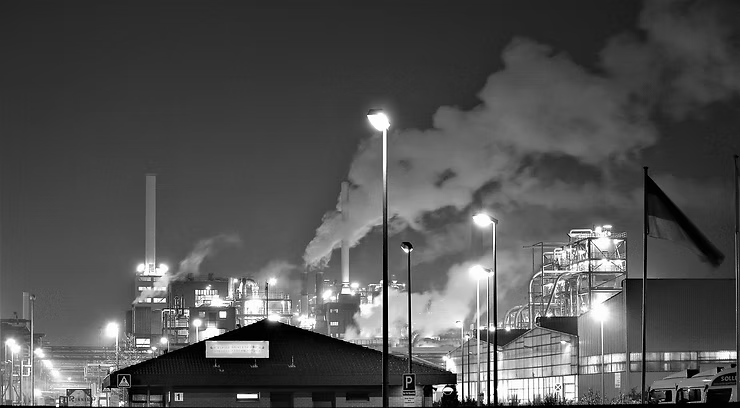Light Pollution and Its Impact on Coastal Ecosystems
Light pollution, or the excessive and unnecessary use of artificial light, can have detrimental effects on coastal ecosystems. It disrupts the natural light-dark cycle that many marine organisms rely on, impacting their reproduction, behavior, and migration patterns.
Effects on Marine Life
For example, sea turtle hatchlings can become disoriented by bright lights, moving away from the ocean instead of towards it. Additionally, excessive lighting can reduce plankton populations, which are vital at the base of the marine food chain.
Mitigation and Responsible Practices
To protect coastal ecosystems, it is crucial to reduce light pollution and promote responsible lighting practices that balance human needs with the well-being of marine life.

